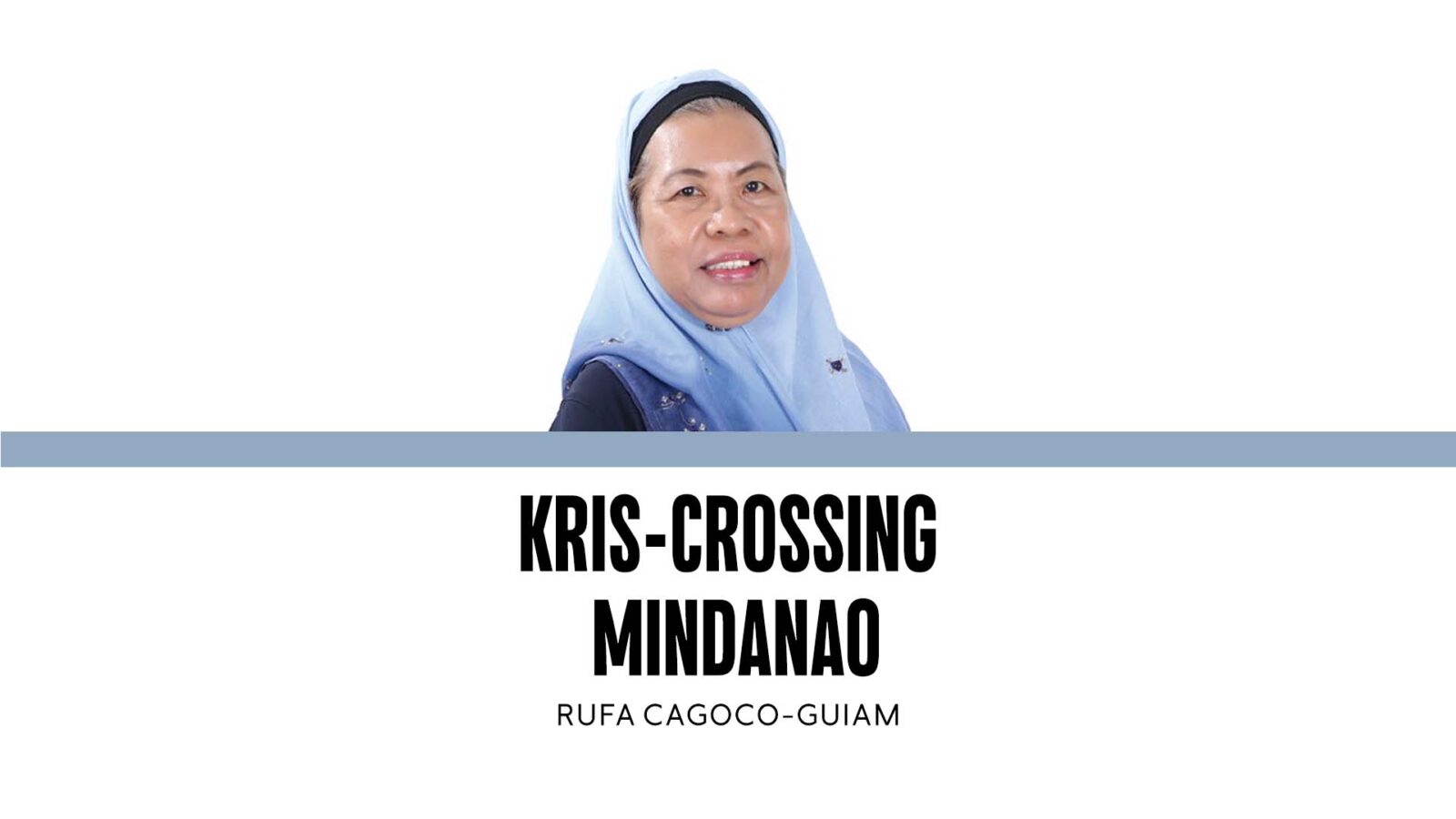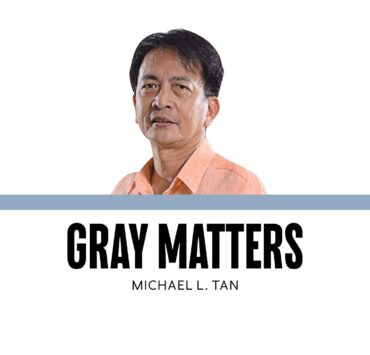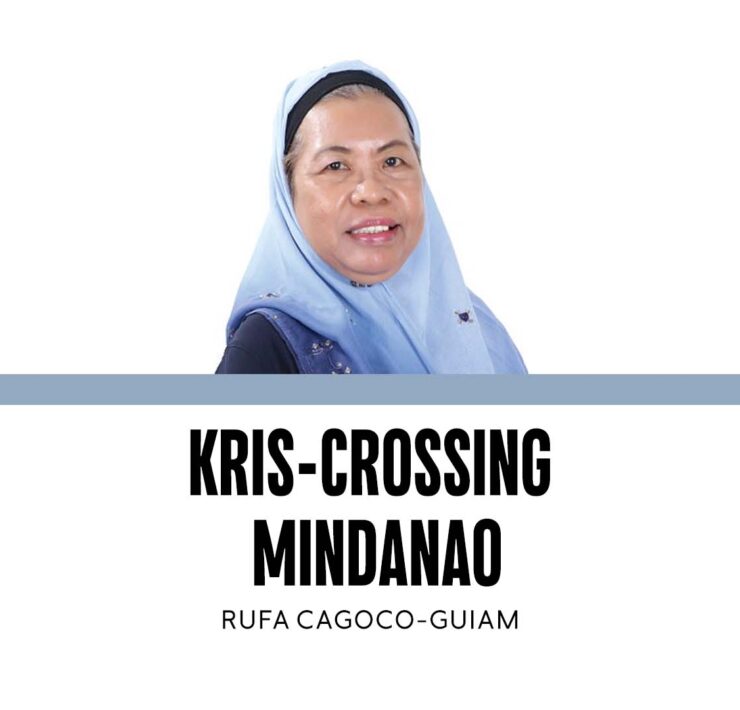Glaring omissions in the 4th Sona

As has been talked about in both social and mainstream media, President Marcos delivered a “different” State of the Nation Address (Sona) midway into his presidential term.
On July 28, 2025, during his fourth Sona, Mr. Marcos made a strong call for accountability and punitive actions against corrupt officials. Delivered with his usual oratorical vibe, Mr. Marcos lashed out at those who have profited so much from various infrastructure projects. He singled out those involved in faulty flood control projects, which had been implemented several years before he became president and continued into his administration. “Mahiya naman kayo! (You should be ashamed of yourselves!),” he exclaimed, targeting those who have profited from kickbacks from flood control projects. He warned that they would be punished if proven guilty. He also issued a directive to the responsible offices of the Department of Public Works and Highways to list projects that failed, as well as those that have been unimplemented, but for which the budgets have been released.
Aside from this different tone of his most recent Sona, Mr. Marcos missed out on crucial and pressing issues that his annual assessment speech should have included.
Among them was his silence on the recent controversial ruling of the Supreme Court on the impeachment case against Vice President Sara Duterte. He was supposed to say something about it, as the head of the executive branch of government. Legal luminaries, including academicians who have notable experience in the theory and practice of constitutional law, have already raised the issue of “overreach” or “encroachment” of the head of the judicial branch over the functions of the legislative branch of government. The Constitution provides for the creation of an impeachment court composed of some members of Congress, especially senators, who serve as judges sitting in it. This is because, as the Constitution provides, the impeachment trial is basically a political process in which legislators sit as judges in the impeachment court.
His choice (or is it that of the people surrounding him?) not to mention it in his fourth Sona was too loud to ignore, making observers speculate that he might be cooking up a formula for both his and the Duterte families’ modus vivendi after the 2025 midterm elections.
Based on the dismal performance of the Marcos-backed senatorial lineup in the May 2025 elections, Mr. Marcos has realized that he needs to rev up his mandated functions as the CEO of the government of the Philippines and act like one; however, he fell short of truly acting like a CEO, even in delivering his fourth Sona. It was still filled with his usual glossy promises of a better tomorrow, without identifying specific steps to get to this vision of a healthy Philippine constituency. He promised that poor people would no longer have to pay huge medical expenses when admitted to government hospitals for serious and life-threatening ailments that require sophisticated, complicated, and very expensive medical procedures and equipment to treat.
According to his pronouncements, no one should be paying exorbitant hospital fees. Except that his vision was limited to government hospitals. As we all know, government hospitals are among the least-funded medical facilities in the country. Complicated medical issues like diseases of vital organs, such as lungs, kidneys, and heart, can be treated adequately in modern, highly sophisticated, and well-equipped medical facilities that are only available in privately owned hospitals that charge exorbitant fees.
But perhaps the most glaring omission in the fourth Sona is his very thin pronouncement on the highly political and controversial situation in the Bangsamoro Autonomous Region in Muslim Mindanao (BARMM).
In the fourth Sona, Mr. Marcos only mentioned in one sentence how he hoped that peace would be sustained by the leaders of the BARMM.
To recall, the BARMM underwent a serious challenge to its leadership because of the change in the top leadership of the region. That change was from former interim chief officer Ahod Ebrahim, aka Al Haj Murad, to former Maguindanao del Norte acting governor Abdulraof Macacua, aka Sammy Gambar. The push for change was received like a shock by all concerned since it took place barely two months into the scheduled first parliamentary elections on Oct. 13.
This change is largely attributed to insinuations of alleged corruption among the leaders of the BARMM, instigated by presidential subalterns. His operators in the region reportedly convinced the regional leadership to deliver a 12-0 vote to include all Marcos-backed senatorial candidates in the May 2025 elections. (There are more than 800,000 eligible voters in the region).
(To be continued.)


















